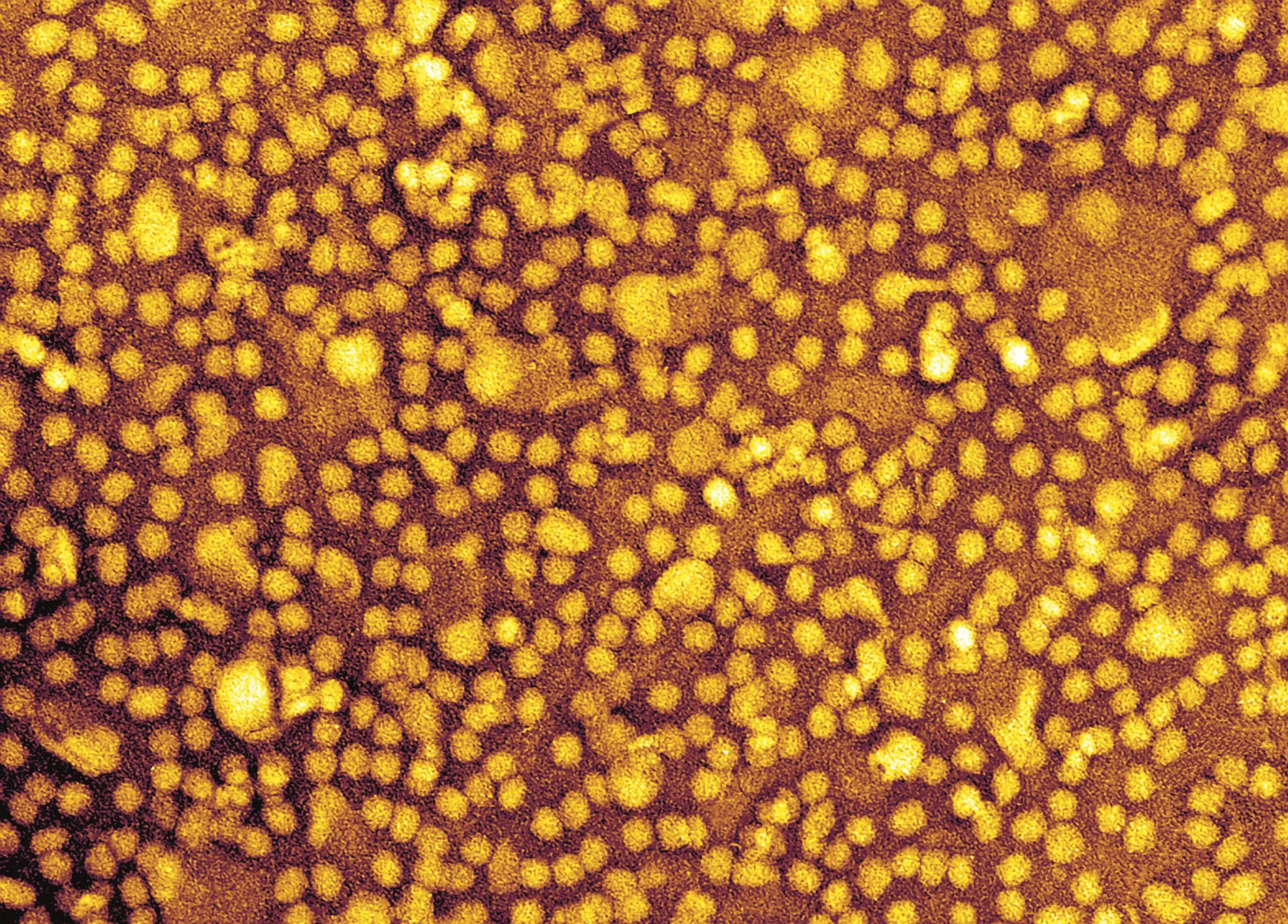Fighterofprediabetes
Member
- Messages
- 10
I had been prediabetic for many years (now 74 years old) Last year my HbA1C reading finally went up to 49; I attended a diabetic review clinic and have had the eye screening as recommended. Nurse said they would normally like me to start medication but I declined, saying i would like to try improving my readings through diet and exercise. Earlier in the year i managed to get down to 46 HBA1c now up to 48 again. I feel as if i have not tried as hard as i could particularly with regard to exercise, even doing something as simple as having a brisk walk after every meal. I am being invited for medical appointment to review readings. What are the longer term implications of continuing without medication, if that is what i decide. I am inclined to try hard for a few more months, particular as it is the summer and there is no excuse for me not to do the walks i had set myself. And of course carb limitation. I know the theory, just find it hard to put into practice and my will power has not been strong enough. To sum up, i would much rather avoid any medication at all.... thanks for reading this


